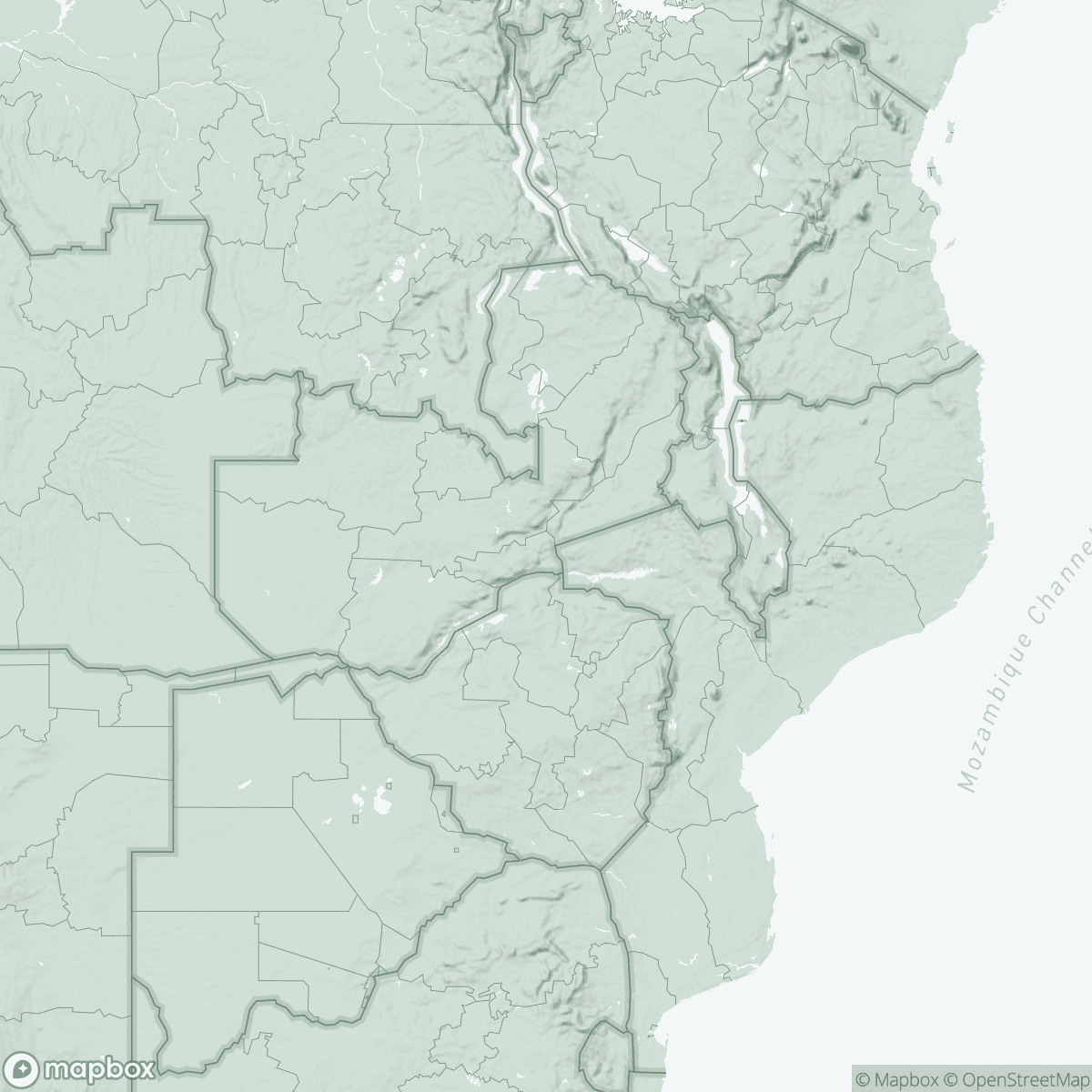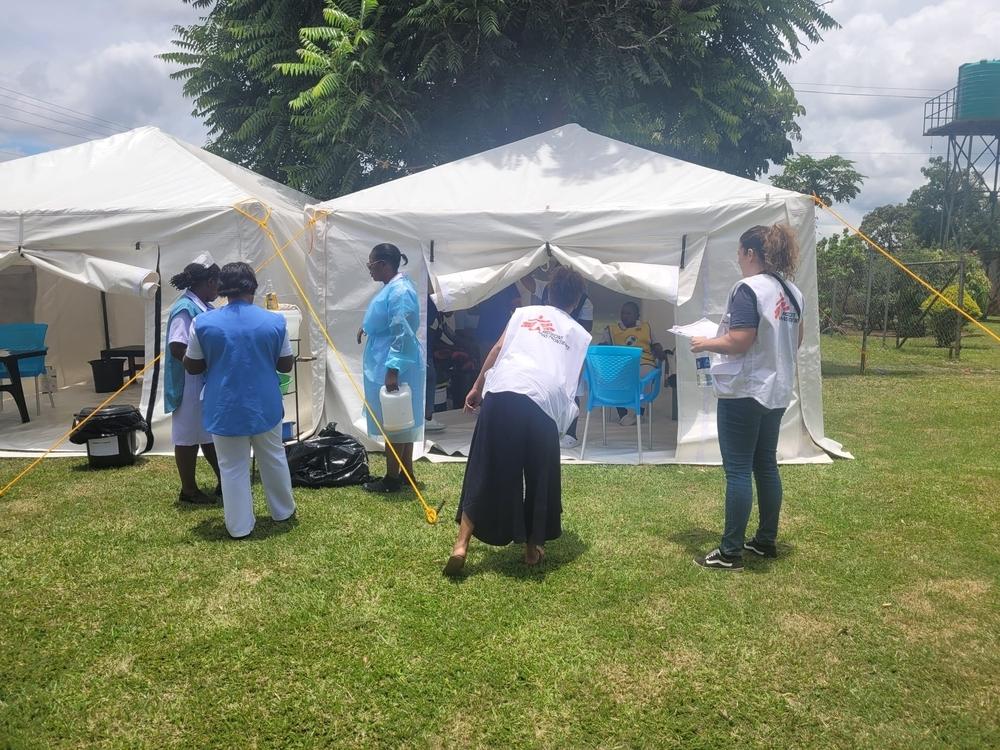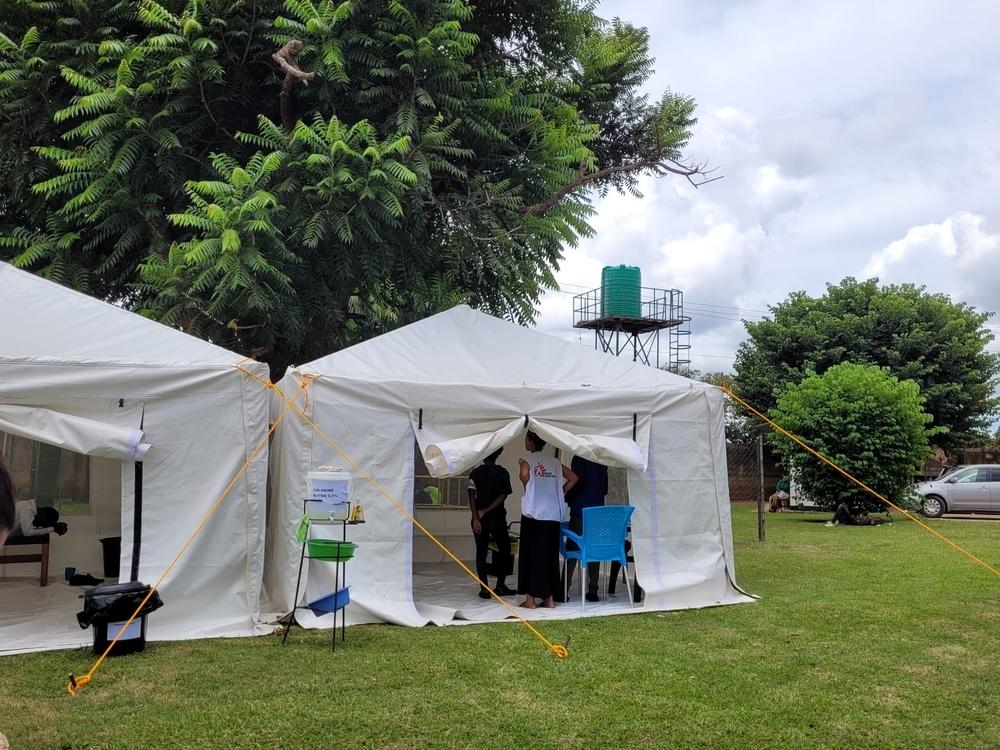
Cholera epidemic: "We are working against the clock to treat patients and prevent new cases"
In 1 click, help us spread this information :
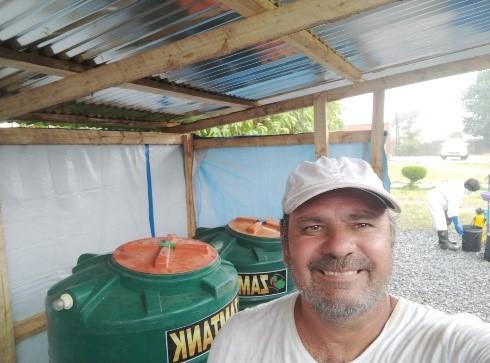
Roland Couprie, an engineer and resident of Luxembourg, is on mission in Ndola, Copperbelt province, as WASH Team Leader with MSF in response to the cholera epidemic, the largest ever recorded in the country. Here is his story:
"The cholera epidemic in Zambia began in October 2023 following the detection of cases in Lusaka. Since then, the epidemic has spread to nine of the ten provinces, with a marked increase in transmission observed between mid-December 2023 and January 2024.
By 19 January 2024, a total of 11,304 cases and 448 deaths had been reported from 47 districts in nine provinces, and of the total reported deaths, 199 were in health facilities, while 249 were in communities.
I arrived in Lusaka, Zambia, on 27 January and, as WASH Team Leader, joined the mission's first exploration team, made up of an emergency coordinator, a doctor, a health promoter and a logistics coordinator.
We spent a few days in Lusaka studying the needs around the city, but these were diminishing and the biggest wave of cholera had passed. So we set off to explore the north of the country, near the border with the Democratic Republic of Congo, where the number of cases was increasing.
We finally settled in Ndola in Copperbelt province, where the epidemic was beginning to spread rapidly.
Within a few days, we had set up a cholera treatment centre for 45 patients, with medical, logistical, health promotion and, of course, water and sanitation support - one of the key areas of activity in these circumstances. Not only does the water have to be chlorinated, but also the equipment, all contaminated containers, the feet of people leaving the hospital and even the bodies of people who have died.
In addition, for fear of contaminating the wastewater treatment plant, we have also built a lime-based system for pre-treating cholera excrement before reinjecting it into the wastewater network.
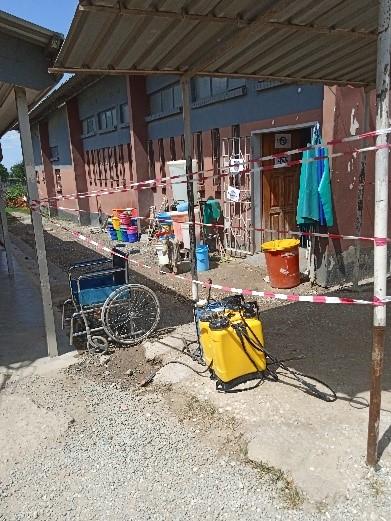
Working conditions are particularly difficult, with a lot of pressure as we work against the clock to treat patients but also to prevent new cases by promoting health in the community and increasing access to drinking water (rehabilitation of hand pumps, boreholes, water treatment).
